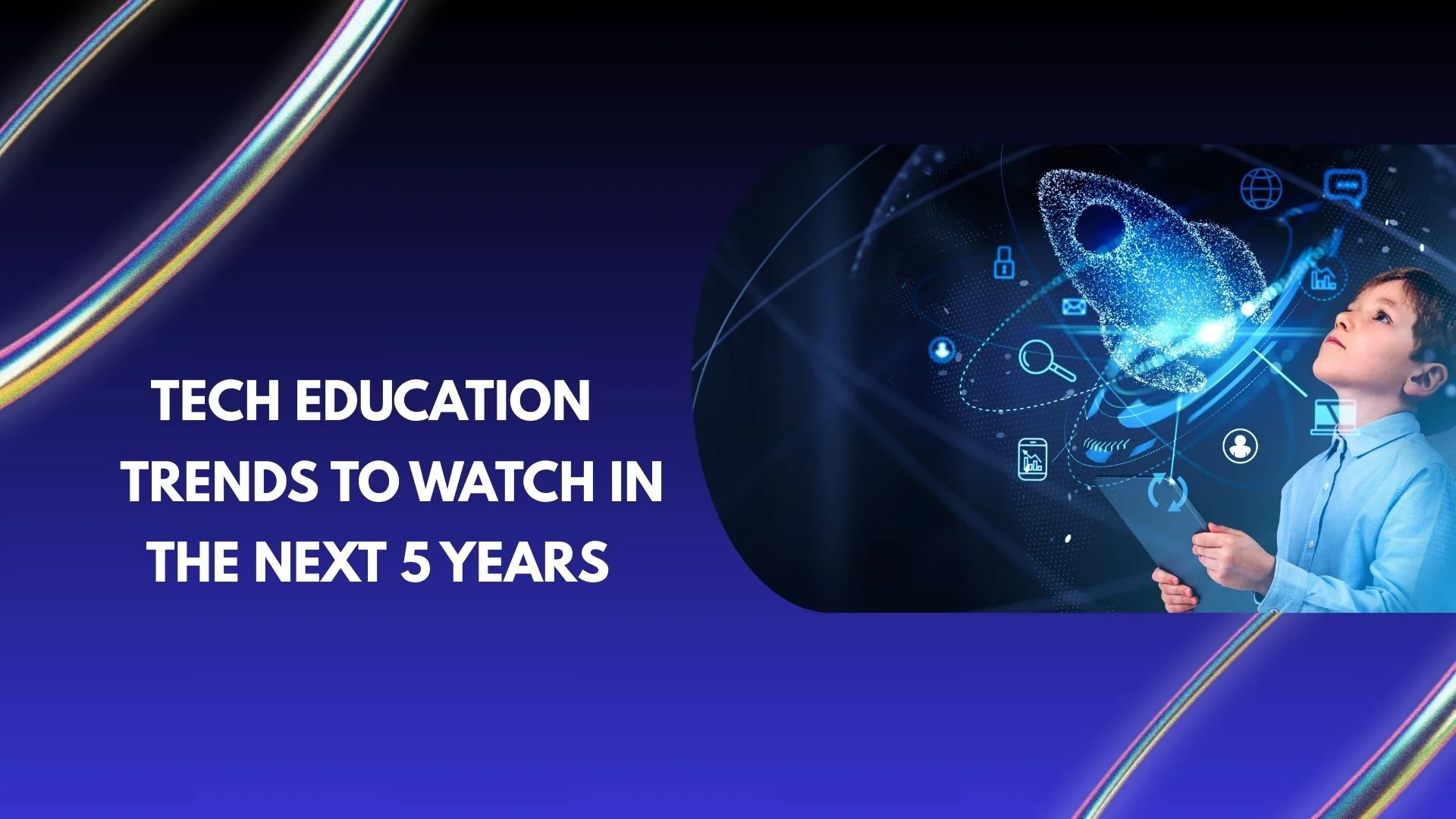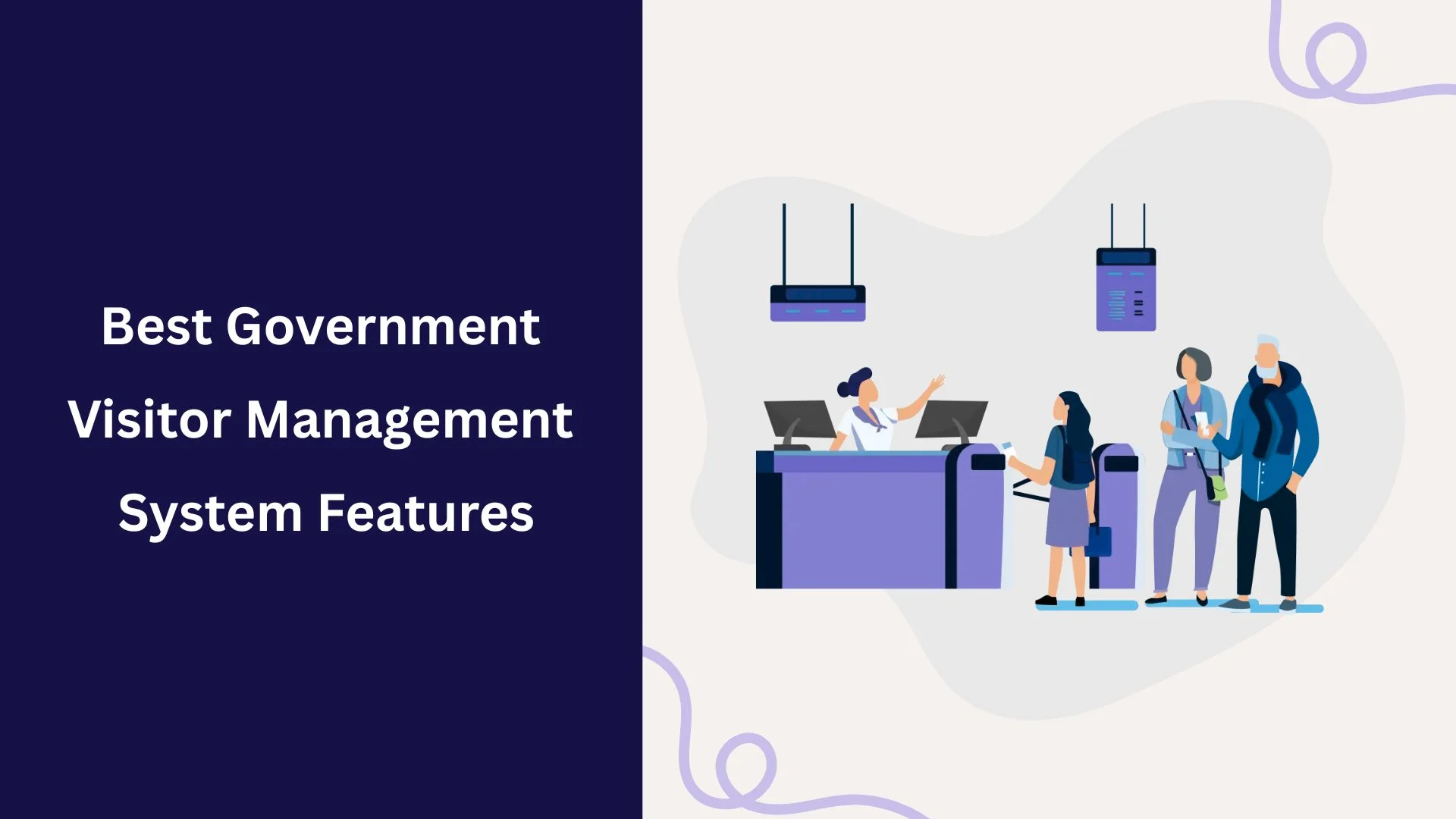The tech education trends and world are moving fast, like, really fast. Jobs in computer and information technology are expected to grow much faster than average, with more than half a million new positions projected over the next decade. That’s a big deal. But with all that growth, there’s a pretty obvious question: how do people actually learn the skills they need, and how do schools manage to keep up in that ever-changing world?
The typical path — going to four years of school and sitting in a classroom — doesn’t work for everyone. For some people, that might not be possible. Some others might want to pivot into new careers quickly, or not have to learn outdated stuff. Bootcamps can be seen as a quick fix, but they often don’t cover the core topics that deeply. And let’s face it — tech isn’t just about learning to code anymore. You have to be able to work with the cloud, data, and manage systems.
So tech education trends are undergoing a major shift. Over the next five years, there will be a tide of change on how people get trained, build skills and enter the tech industry. These are the trends actually shaping the future of tech learning.
Quick Routes to Tech Jobs
People want to learn fast and they want to learn from the best. This is where pursuing an accelerated bachelors degree online comes in. These kinds of programs help students complete their degrees faster than the normal routes. They’re for people who are working or seeking a fast track that will lead them to a decent tech job.
For instance, through an online accelerated Bachelor of Science in Information Technology, students develop the following essential skills:
- Network setup and maintenance
- Cloud (Services and Infrastructure)
- System security
- Project management
And they do it all in less time and it is entirely online. So this is designed to help people who are juggling various things like a full-time job or parenthood. It’s about getting out into the field sooner and getting to where you’re earning faster — without skipping any steps.
Real World Projects: A Better Assessment Than Traditional Exams
More schools are moving toward project-based learning, and that’s a positive trend. Instead of memorizing things for a test, students now spend time making stuff they can actually use or—better yet—show to potential recruiters.
These projects might include:
- Building an app
- Setting up a virtual server
- Designing a database
- Addressing a cybersecurity conundrum
It’s practical and a lot more engaging. And students leave with a portfolio to take to job interviews. That tells an employer so much more than a GPA ever could.
Soft Skills Are Finally Getting the Attention They Deserve
It is fundamentally important to know how to code — but it’s also important to know how to talk to your team, manage your time, or explain your project to someone who isn’t tech-savvy. These “soft skills” are always considered by employers all over the world.
Some technology programs today include things like:
- Team collaboration exercises
- Presentation and speaking sessions.
- Time and task management
- Giving and receiving feedback
In group projects, students are working not just on code but on managing roles, and deadlines, which is just as important in the “real world.”
Security and Privacy are Non-Negotiable
Cybersecurity is no longer reserved for the experts. Today, it is a feature of almost every tech course. Schools are catching up on that and ensuring that all students receive basic training in this area.
In a standard course today, students are required to:
- Identify weak points in applications or systems
- Establishing basic protections and protocols
- Treat user data with care
- Know privacy and compliance laws
It’s not that you need to be an expert in this arena. It’s to ensure that future tech workers do not leave their systems vulnerable to cyberattacks.
Longtime Learning Is the New Normal
The tech world changes way too fast. What you learned five years ago could already be obsolete. This is why it has become essential for tech grads to keep learning and stay abreast with the latest changes through:
- Short refresher courses
- Certificates of continuing education
- Skill updates
People want to maintain their skills, but they don’t want to go back to school full time. It also enables companies to help their teams grow, rather than always having to bring in new people. So expect learning to be part of what you do when you work in tech.
Design Your Learning Experience with Microcredentials
More students want short programs that teach one skill at a time. These are frequently referred to as microcredentials, and they are quite flexible. They are great for people who want to try something new in tech, or for those who want to go through practical, real-world examples for their ongoing jobs. Several of these can even be combined into a complete degree. That is a big win for learners who are on a budget, or who have a tight schedule.
So yeah, tech ed is changing in some huge ways. Whether it’s accelerated degree programs, project-based learning or online flexibility, these trends are all about making learning faster, easier and frankly, more practical. Throw in some real-world projects, soft skills training and long-term learning, and you’ve got a model that’s working well. If you’re considering a career in tech — or you’re already working in the industry — there’s never been a better time to continue learning.
nandbox App Builder
As educational programs increasingly adopt project-based learning and microcredentials, platforms such as nandbox App Builder empower users to transform their concepts into fully operational applications—developing portfolios, evaluating business ideas, or augmenting their technical skills. This exemplifies how contemporary tech education trends permit individuals to engage in experiential learning, thereby connecting theoretical knowledge with practical application in the ever-evolving digital landscape.






